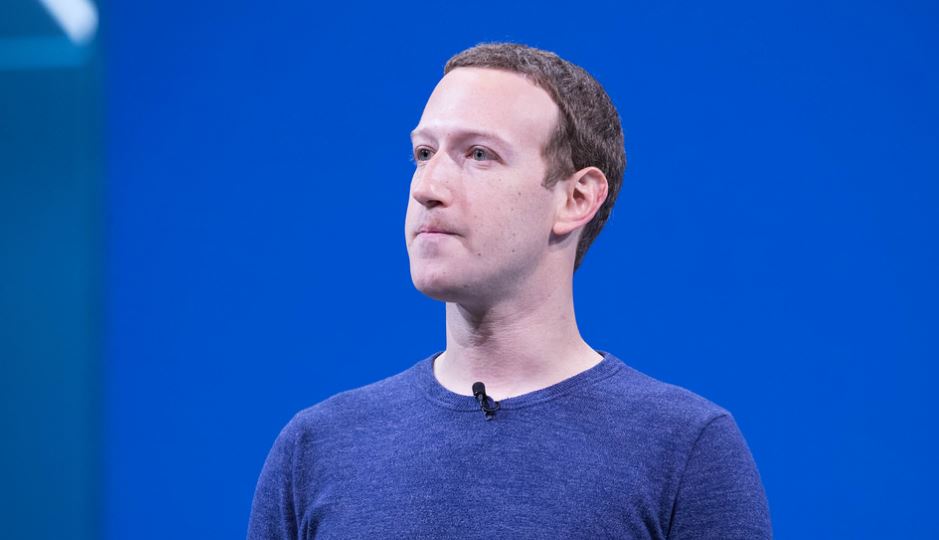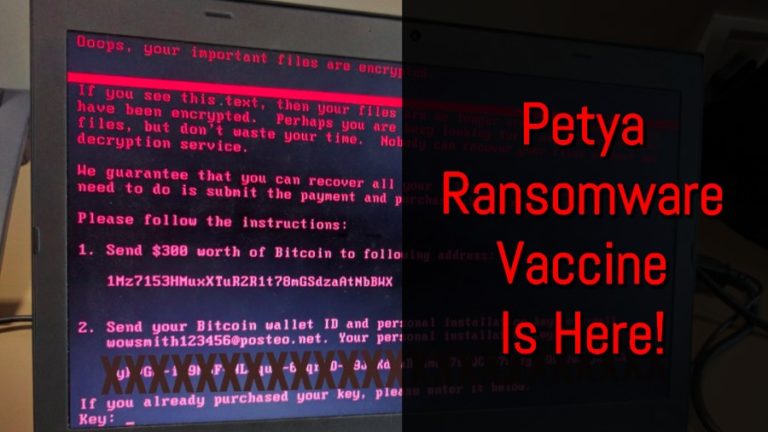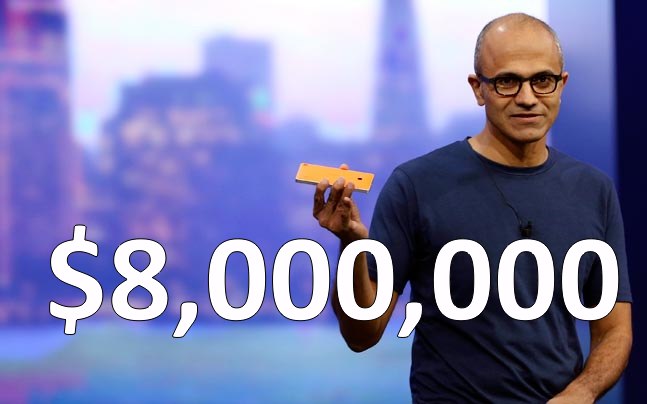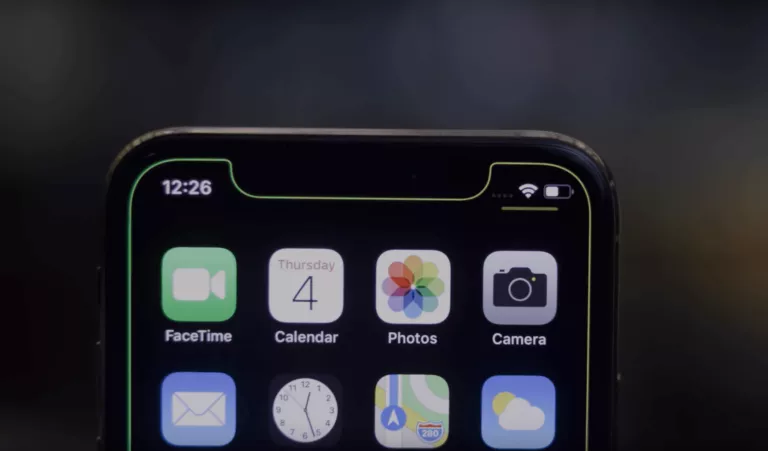Zuckerberg Promises Self-Deleting Facebook Messages For More Privacy

Facebook CEO Mark Zuckerberg has promised to introduce end-to-end encryption and auto-expire features on Messenger and other Facebook apps, to fulfill his commitment to privacy.
In a 3,200 words blog post published by Zuckerberg, he announced that the company wants to become a “privacy-focused communications platform” for which new changes will be made to all Facebook-owned apps.
At present, Facebook provides end-to-end encryption to Messenger users through “Secret Conversations,” but this privacy feature isn’t a default one.
According to the proposed changes, Facebook, law enforcement, or third parties could no longer read messages.
Facebook will also bring self-deleting messages so that users can set messages to auto-delete or archive in a minute, a month or a year (just like the features available on Signal or Telegram app).
Zuckerberg also mentioned that the company “won’t keep messages or stories around for longer than necessary to deliver the service or longer than people need them.”
He also says the company will not store data in countries with weak human rights records.
This announcement seems like an attempt by Facebook to move past the string of scandals around user privacy such as Cambridge Analytica.
Critics are also describing this move as a thinly veiled attempt to sideline the strict regulations that are being considered in several states and are aimed at protecting user data and privacy.
Zuckerberg, in a way, acknowledged that Facebook has a problem with mishandling user data by saying “[F]rankly we don’t currently have a strong reputation for building privacy protective services, and we’ve historically focused on tools for more open sharing.”
The CEO also confirmed the plans of merging Instagram, WhatsApp, and Facebook, and said that new features will let users move between these apps seamlessly. Additionally, they would be able to send SMS from these apps.
Also Read: Undersea Optical Cable Achieves Data Transfer Record Rate Of 26.2 Tbps






